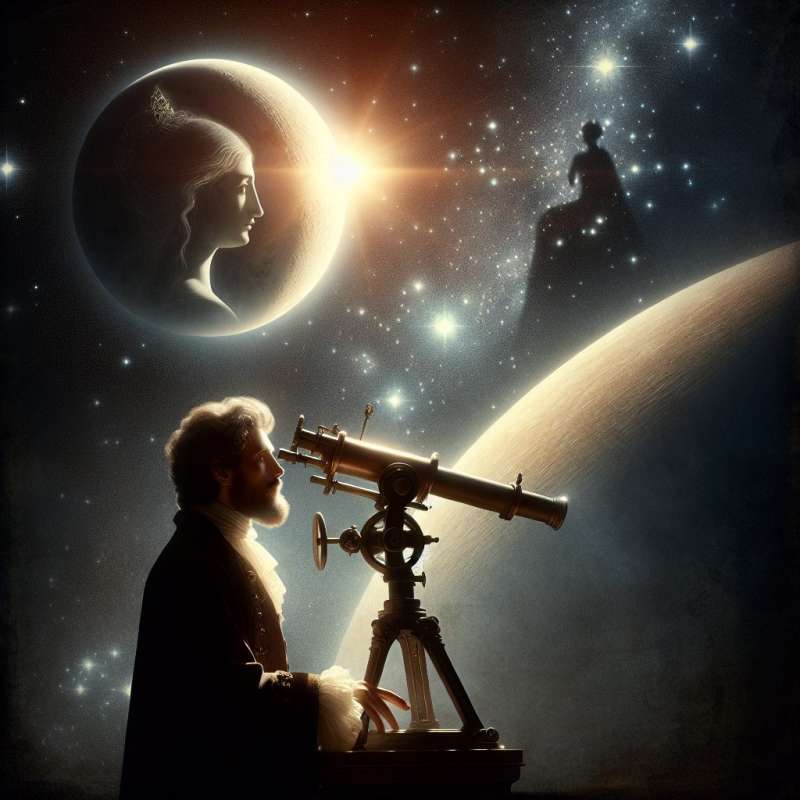
Europa: Mythical Namesake
Europa, a Phoenician princess in Greek mythology, gave her name to the continent of Europe. Daughter of King Agenor of Tyre, her beauty caught the eye of Zeus, the king of the gods.
Zeus's Deceptive Abduction
To seduce Europa, Zeus transformed into a magnificent white bull. Europa, enchanted by the gentle creature, climbed upon its back. Zeus then seized the opportunity, running to the sea and swimming away with her to Crete.
Europa's Legacy in Crete
In Crete, Zeus revealed his true identity. Europa became the first queen of Crete, giving birth to Minos, Rhadamanthys, and Sarpedon, who became judges of the dead in the underworld.
Floral Transformation
Europa's story is linked to the creation of the 'europa' flower. According to one legend, the flower sprang from the earth where Zeus and Europa first met.
Astronomical Honor
Europa's tale transcended mythology, reaching the stars. Jupiter's moon Europa, discovered by Galileo Galilei, is named after the princess, forever linking her story with the cosmos.
Cultural Impact
Europa's abduction has been a popular subject in art, symbolizing the encounter between the civilizations of Asia and Europe. The myth has influenced various works throughout history.
Continental Emblem
Europa and the bull symbolize Europe in various emblems and flags, including the European Union’s. Her tale is a metaphor for the blend of cultures and origins that shape Europe.
Who was Europa's father?
Zeus, king of gods
King Agenor of Tyre
Minos, judge of dead
Company